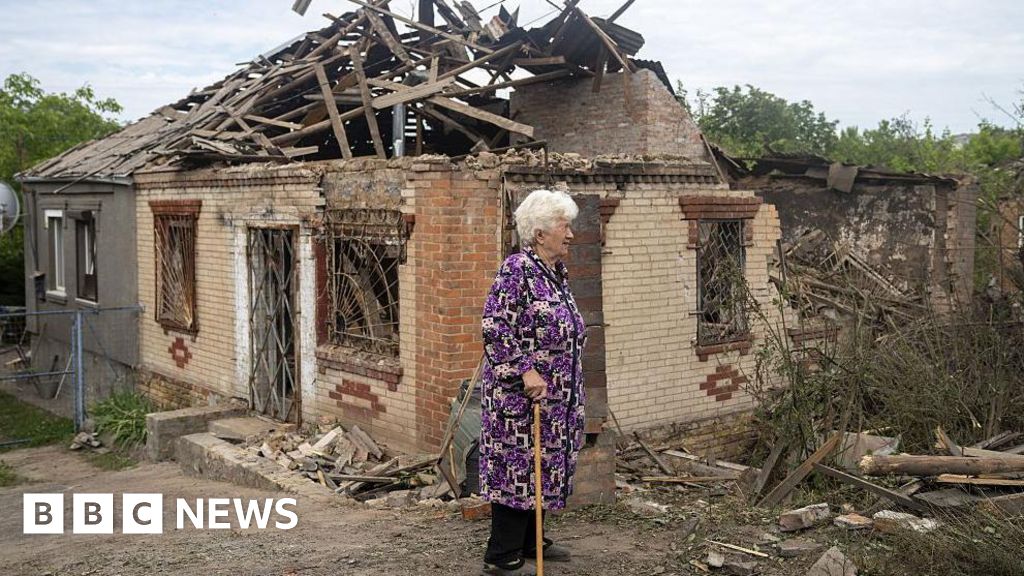
The conflict in Ukraine’s Donbas region continues to dominate international headlines, especially as discussions over a potential land exchange between Ukraine and Russia take center stage. With Ukrainian President Volodymyr Zelensky set to meet former U.S. President Donald Trump in Washington, attention turns to the implications of a potential agreement and its impact on the war-torn territory.
A Proposal for Peace or a Risk of Betrayal?
Amid rising casualties and ongoing battles, reports suggest Trump may pressure Zelensky to cede the eastern Ukrainian regions of Donetsk and Luhansk to Russia. These territories, collectively known as Donbas, are not only rich in resources but also hold deep cultural and industrial significance for Ukraine. However, such a proposal is fraught with challenges, as historian Yaroslav Hrytsak pointed out, calling it a “tragedy” that would rob Ukraine of crucial elements of its identity.
Critics, including Ukrainian citizens and officials, voice significant concerns. The loss of Donbas would leave millions of Ukrainians displaced, and the risks of further Russian aggression loom large. Recent polls indicate that around 75% of Ukrainians oppose surrendering territory, underscoring the complexity of negotiating peace.
Life Under Siege in Donbas
For the residents of Donbas, the ongoing war has brought unrelenting hardship. Cities like Sloviansk endure constant bombardment, with civilians living in fear for their survival. Andriy Borylo, a military chaplain from the region, described life near the front line as “a very difficult situation,” emphasizing the overwhelming sense of betrayal and abandonment felt by many.
The human toll of the conflict cannot be understated. Since the beginning of Russia’s aggression in 2014, more than 1.5 million Ukrainians have fled the Donbas, with over three million now living under Russian occupation. Thousands continue to reside in the Ukrainian-controlled areas, holding onto hope despite the dire circumstances.
Challenges to Finding a Path Forward
Even as world leaders push for resolutions, the logistics of such agreements remain unclear. Under Ukraine’s constitution, formally surrendering territory requires parliamentary approval and a public referendum. Some experts suggest de facto arrangements could bypass these legal hurdles, though doing so risks political backlash and potential accusations of treason.
Volodmyr Ariev, a Ukrainian MP, highlighted how any territorial concession would compromise Ukraine’s sovereignty and constitutional integrity. Meanwhile, Ukrainian sociologist Anton Grushchetsky stressed the importance of ironclad security guarantees in any peace deal, a sentiment echoed by civilians like emergency worker Yevhen Tkachov, who called for tangible, enforceable measures to ensure Ukraine’s future safety.
Global Reactions and Future Implications
The proposed land swap has sparked significant debate among global powers. European nations have expressed skepticism about Russia’s intentions, while Trump’s apparent willingness to engage with Putin on such terms has drawn sharp criticism.
For Ukraine, the stakes are immense. The question of peace versus territorial integrity remains a divisive issue both domestically and internationally. As President Zelensky prepares to navigate these difficult discussions, the voices of millions of Ukrainians enduring the impact of the conflict remain a sobering reminder of what’s truly at stake.
As Zelensky and Trump meet in the U.S., the world will watch closely. Will this historic encounter bring Ukraine closer to peace, or will it cast doubt on the country’s future sovereignty? Only time will tell.



